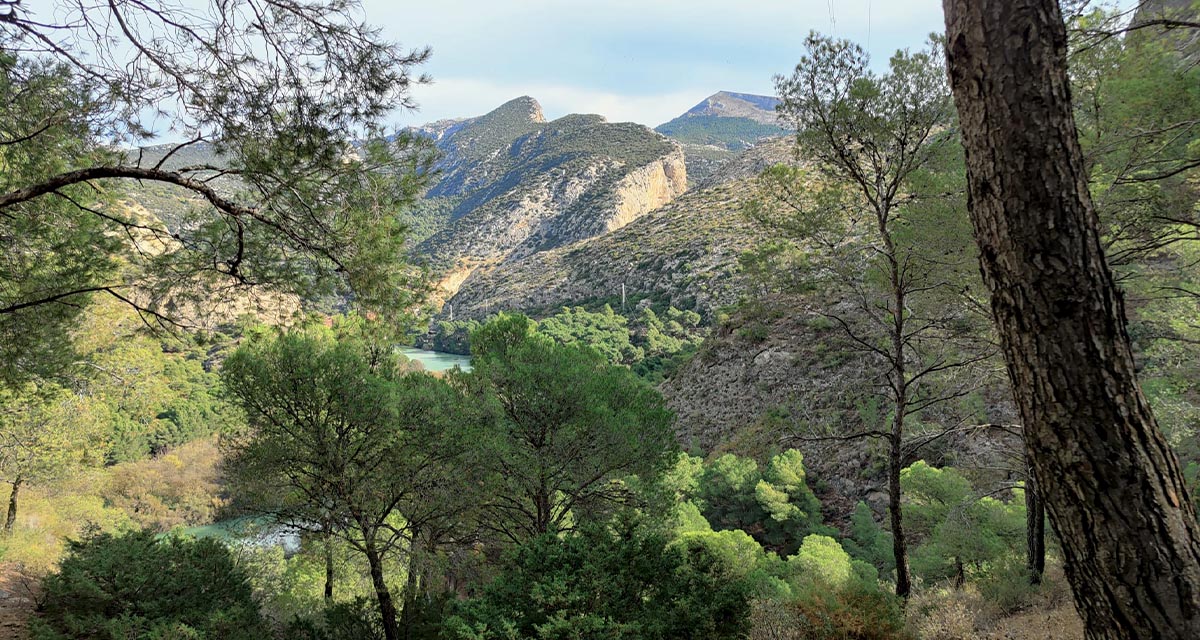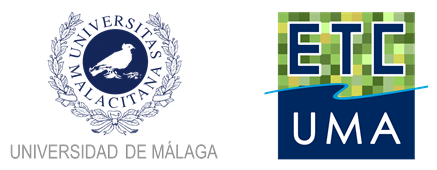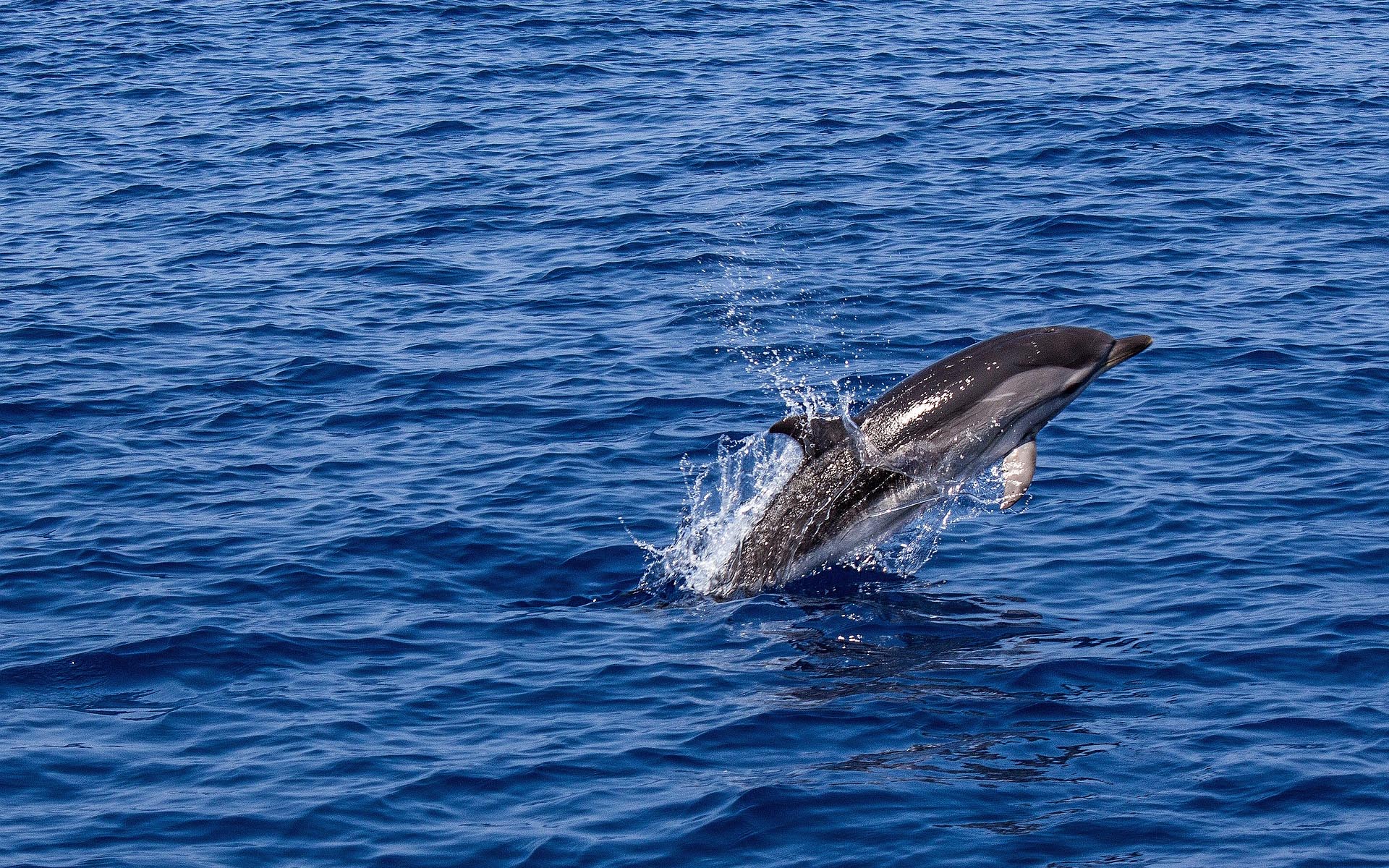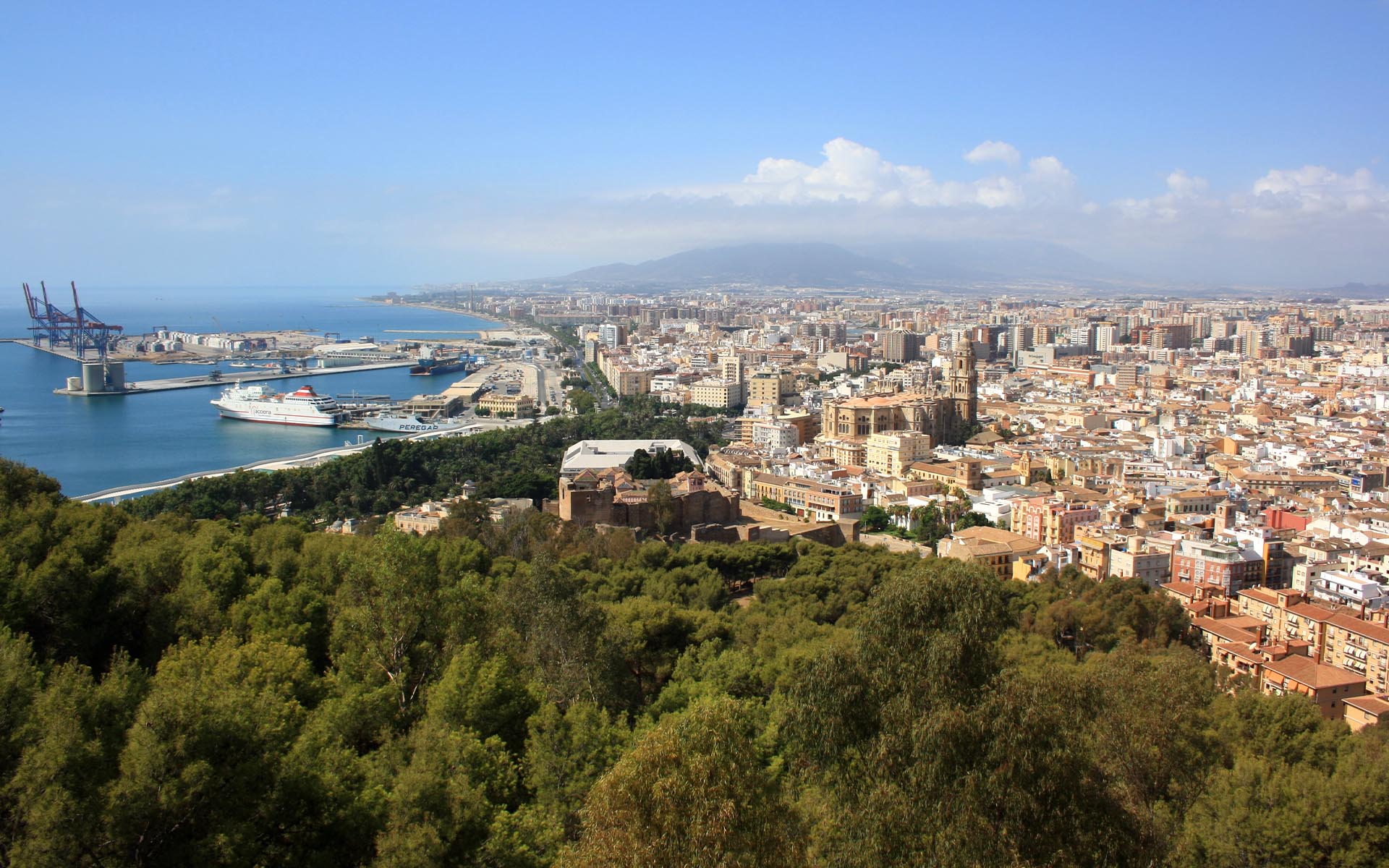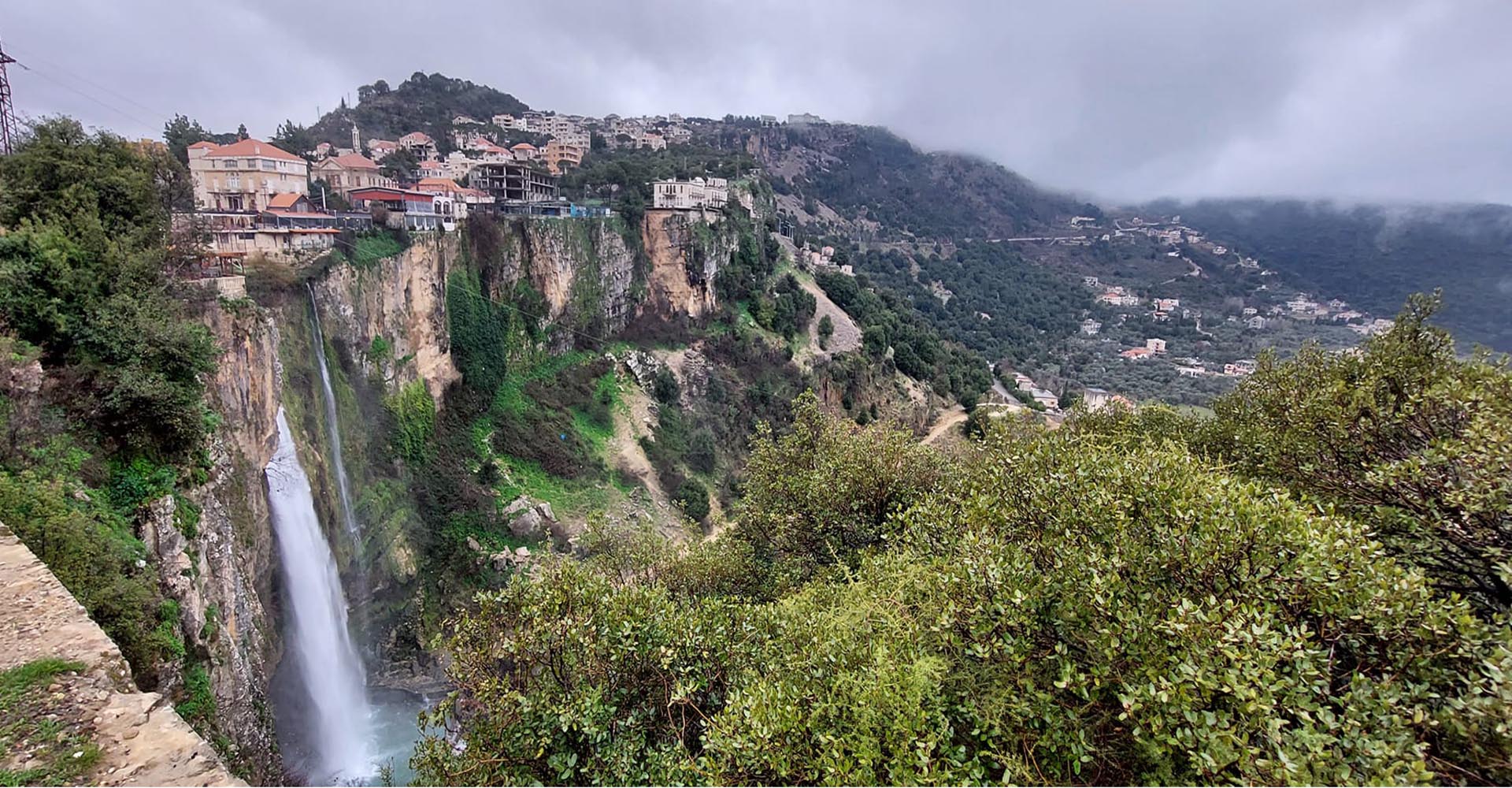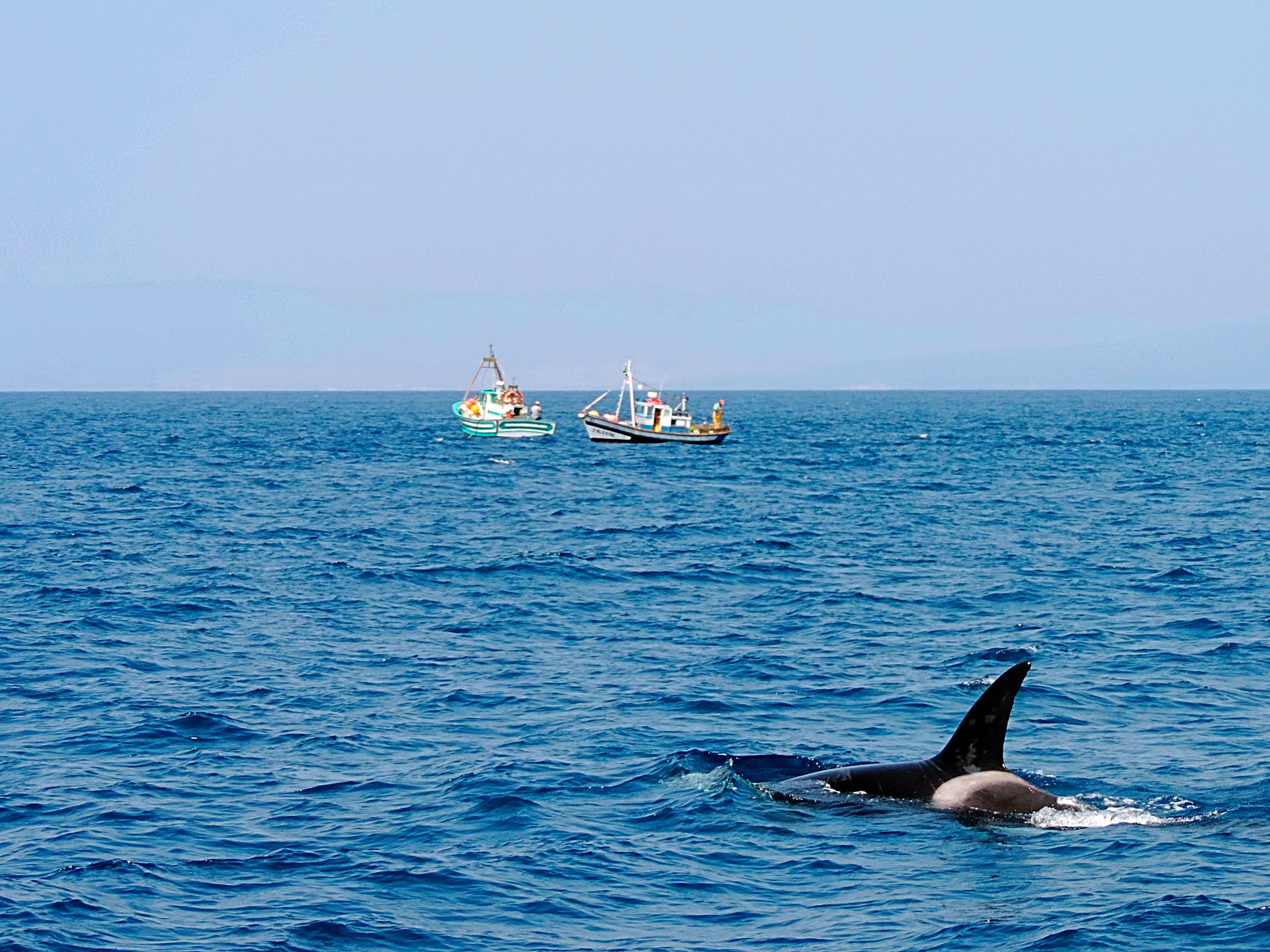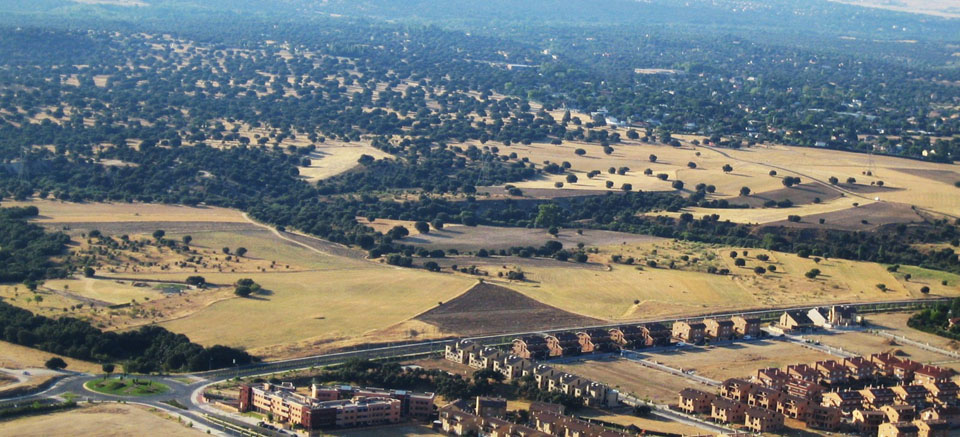European topic centre - university of malaga
Meet our team members

David Rodríguez
Senior researcher
davidrr@uma.es
+34 951 953 102
David Rodríguez-Rodríguez holds a European-mention PhD in Conservation Biology, an MSc in Ecological Restoration, two BScs: in Biology and in Environmental Sciences, and one University Specialist Degree in GIS and Remote Sensing.
He is author of 37 indexed articles, 6 books and 4 book chapters on territorial sustainability and biodiversity conservation.
Currently, he works as a Senior Researcher on Biodiversity Conservation and Management at the European Topic Centre, University of Malaga. His work and research interests include: protected area effectiveness evaluation; sustainability assessments at different ecological and spatial scales; environmental and socioeconomic indicator development; impacts of environmental policies and regulations; territorial planning; environmental sociology; and ecological restoration.
RESOURCES
Journal Articles
Rodríguez-Rodríguez, D.; Abdul-Malak, D.; Soukissian, T.; Sánchez-Espinosa, A.
Achieving Blue Growth through maritime spatial planning: Offshore wind energy optimization and biodiversity conservation in Spain Journal Article
In: Marine Policy, vol. 73, pp. 8-14, 2016.
Abstract | Links | BibTeX | Tags: Biodiversity, Blue Growth, Climate Change, Conservation and management, Pressures
@article{Rodríguez-Rodríguez2016d,
title = {Achieving Blue Growth through maritime spatial planning: Offshore wind energy optimization and biodiversity conservation in Spain},
author = {D. Rodríguez-Rodríguez and D. Abdul-Malak and T. Soukissian and A. Sánchez-Espinosa},
url = {https://www.researchgate.net/publication/305824278_Achieving_Blue_Growth_through_maritime_spatial_planning_Offshore_wind_energy_optimization_and_biodiversity_conservation_in_Spain},
doi = {10.1016/j.marpol.2016.07.022},
year = {2016},
date = {2016-11-01},
journal = {Marine Policy},
volume = {73},
pages = {8-14},
abstract = {Spain has a high potential for renewable energy production, being the world's third country by installed on-shore wind power. However, it has not yet fully developed its renewable energy production capacity, with no commercial offshore wind production to date, and remains highly dependent on fossil fuel imports. The country is also one of Europe's most biodiverse, on land and at sea. This study spatially assesses the country's offshore wind energy potential by incorporating the newly designated marine protected areas (MPAs) to the official Spanish strategic environmental assessment for the installation of offshore windfarms (SEA). It also identifies optimal areas for offshore windfarm development according to key physical variables such as wind speed, depth and substrate type. It finally assesses real commercial windfarm projects against current environmental constraints. The results show that nearly 50% of the whole area within 24 nm from the Spanish coast could be suitable for offshore windfarm development at the planning phase. However, only 0.7% of that area is optimal for wind energy production with current fixed turbine technology. Nevertheless, either area would allow Spain to meet its national targets of 750 MW of ocean power capacity installed by 2020 under adequate local wind conditions. Over 88% of all commercial windfarm project area is within the SEA's Exclusion zone, thus unfeasible under current circumstances. Technological breakthroughs like floating turbines may soon make the optimal windfarm area (OWA) less restrictive and reduce current environmental impacts of marine windfarms within a truly sustainable Blue Growth.},
keywords = {Biodiversity, Blue Growth, Climate Change, Conservation and management, Pressures},
pubstate = {published},
tppubtype = {article}
}
Rodríguez-Rodríguez, D.; Sánchez-Espinosa, A.; Schröder, C.; Abdul-Malak, D.; Rodríguez, J.
Cumulative pressures and low protection: a concerning blend for Mediterranean MPAs Journal Article
In: Marine Pollution Bulletin, vol. 101, pp. 288-295, 2015.
Abstract | Links | BibTeX | Tags: Climate Change, Marine protected areas, Mediterranean sea, Pressures
@article{Rodríguez-Rodrígueza2015,
title = {Cumulative pressures and low protection: a concerning blend for Mediterranean MPAs},
author = {D. Rodríguez-Rodríguez and A. Sánchez-Espinosa and C. Schröder and D. Abdul-Malak and J. Rodríguez},
url = {https://www.sciencedirect.com/science/article/pii/S0025326X15300540},
doi = {https://doi.org/10.1016/j.marpolbul.2015.09.039},
year = {2015},
date = {2015-12-01},
journal = {Marine Pollution Bulletin},
volume = {101},
pages = {288-295},
abstract = {This study classifies Mediterranean marine protected areas (MPAs) according to the combined result of pressure level and protection. Six major marine environment pressures were considered: pressures from fish farms, fishing, marine litter, pressures from marinas, pollution from maritime transport, and climate change. MPA protection was assessed through legal protection and management effort. Most MPA area in the Mediterranean is under relatively high pressure level and afforded low protection. Inshore areas show higher pressure levels. Five marine ecoregions, nine countries and nineteen MPA designation categories have over 50% of their MPA area under major concern. The mean number of cumulative pressures occurring in priority MPAs ranges between three and four, although the mean combined intensity of those pressures is low. However, these figures are most likely underestimated, especially for the southern Mediterranean. The most concerning pressures to MPAs regarding extent and intensity were: climate change, fishing and pollution from maritime transport.},
keywords = {Climate Change, Marine protected areas, Mediterranean sea, Pressures},
pubstate = {published},
tppubtype = {article}
}
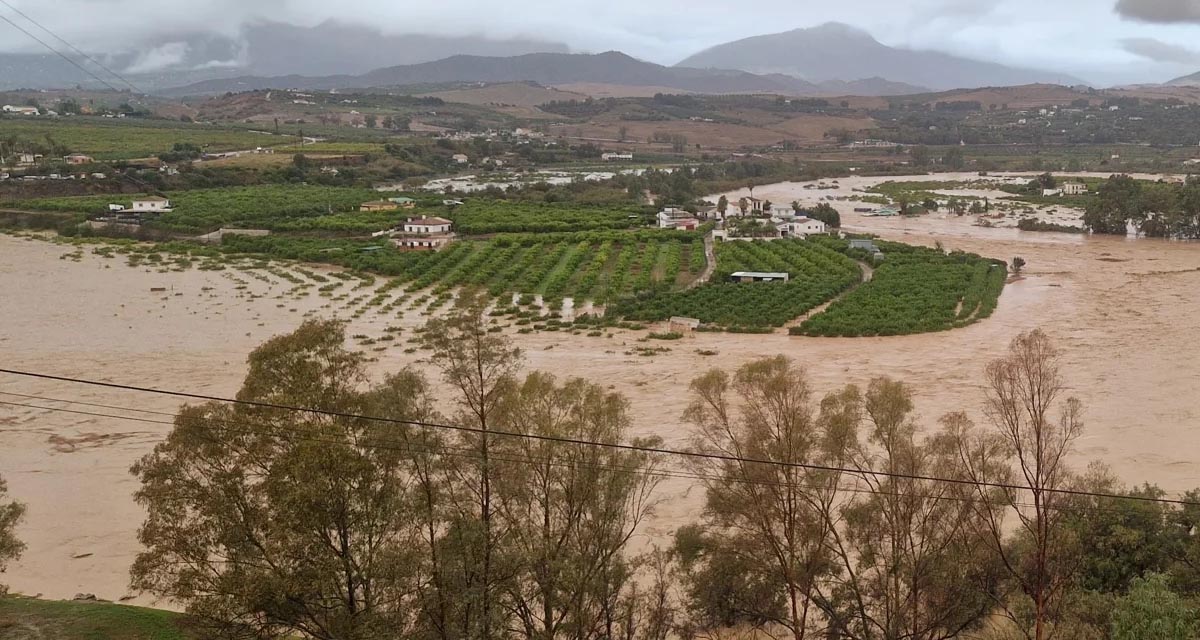
Boosting Climate Resilience: Wetland4Change Project Advances Flood Management Solutions for Mediterranean Coastal Zones
The Mediterranean coastal zone´s combination of multiple severe climate hazards – rising temperatures, water scarcity, sea-level rise, and extreme weather events – makes it a hotspot for highly interconnected climate risks for the ecosystems and societies. Recent catastrophic floods in ...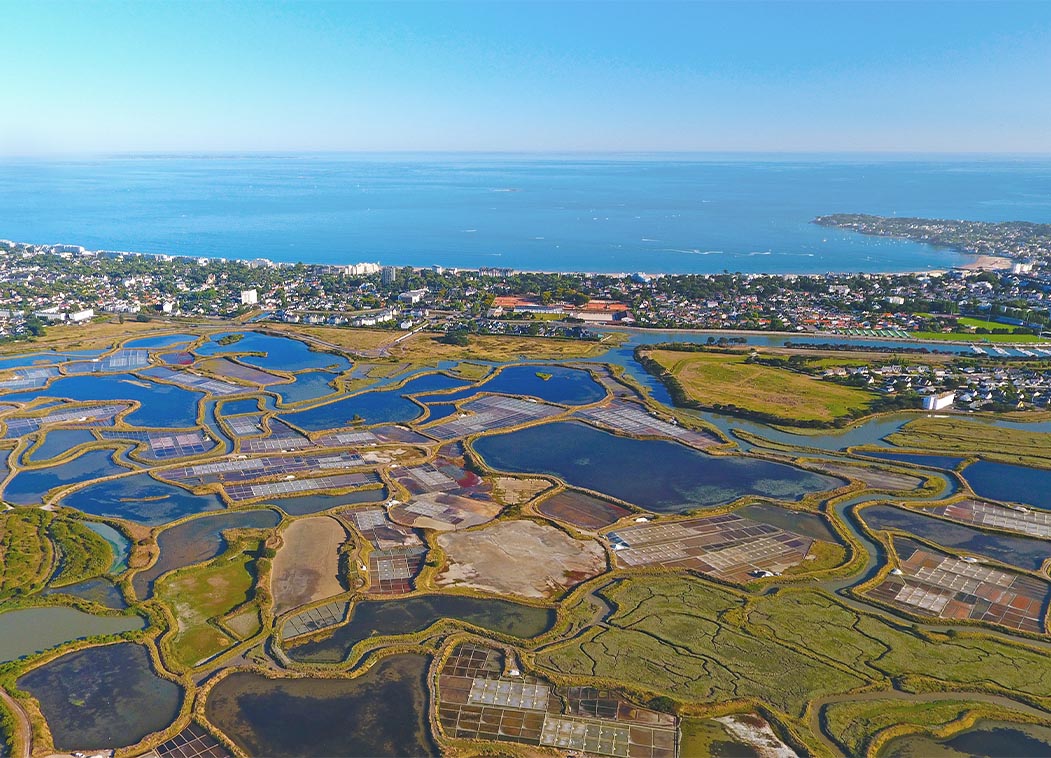
RESTORE4Cs 1st Policy Brief: How can coastal wetlands help achieve EU climate goals?
The first RESTORE4Cs Policy Brief of RESTORE4Cs, “How can coastal wetlands help achieve EU climate goals?“, highlights the importance of European coastal wetlands for reducing Greenhouse Gas emissions. The key messages of the first RESTORE4Cs Policy Brief include: Coastal wetlands are important natural carbon stores, ...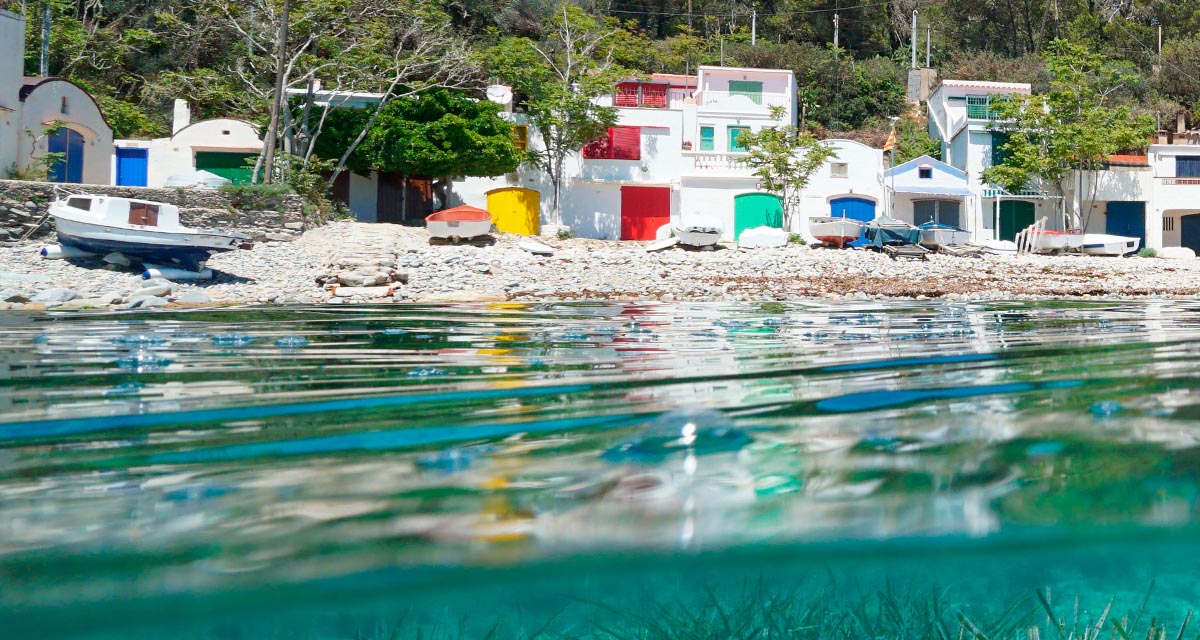
Mapping the Impact of Blue Tourism in the Mediterranean
The IUCN Centre for Mediterranean Cooperation with the support of ETC-UMA in the framework of the Blue Tourism Initiative, has released a comprehensive report entitled “Mapping the Impact of Blue Tourism in the Mediterranean: Vulnerability Assessment of Coastal and Marine ...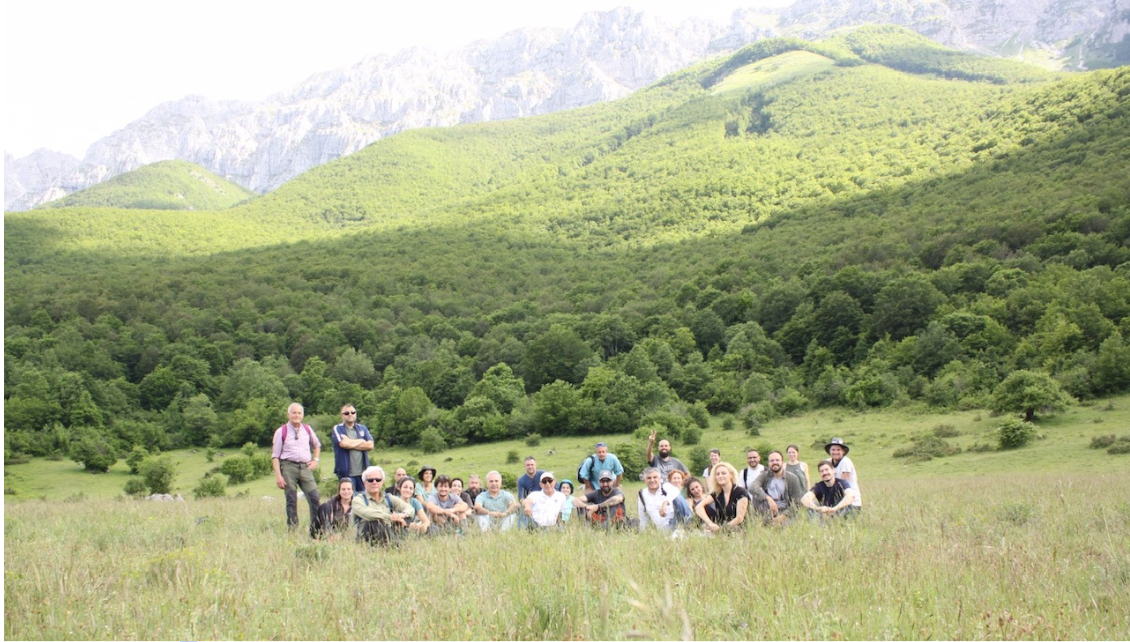
StrategyMedFor Presented at Annual Medforval Meeting 2024
StrategyMedFor was prominently featured at the Annual Medforval Meeting 2024, held from June 5-7 in Fontecchio, Italy. The event brought together 25 practitioners from national parks and natural reserves across 9 Mediterranean countries, providing a valuable platform for StrategyMedFor to ...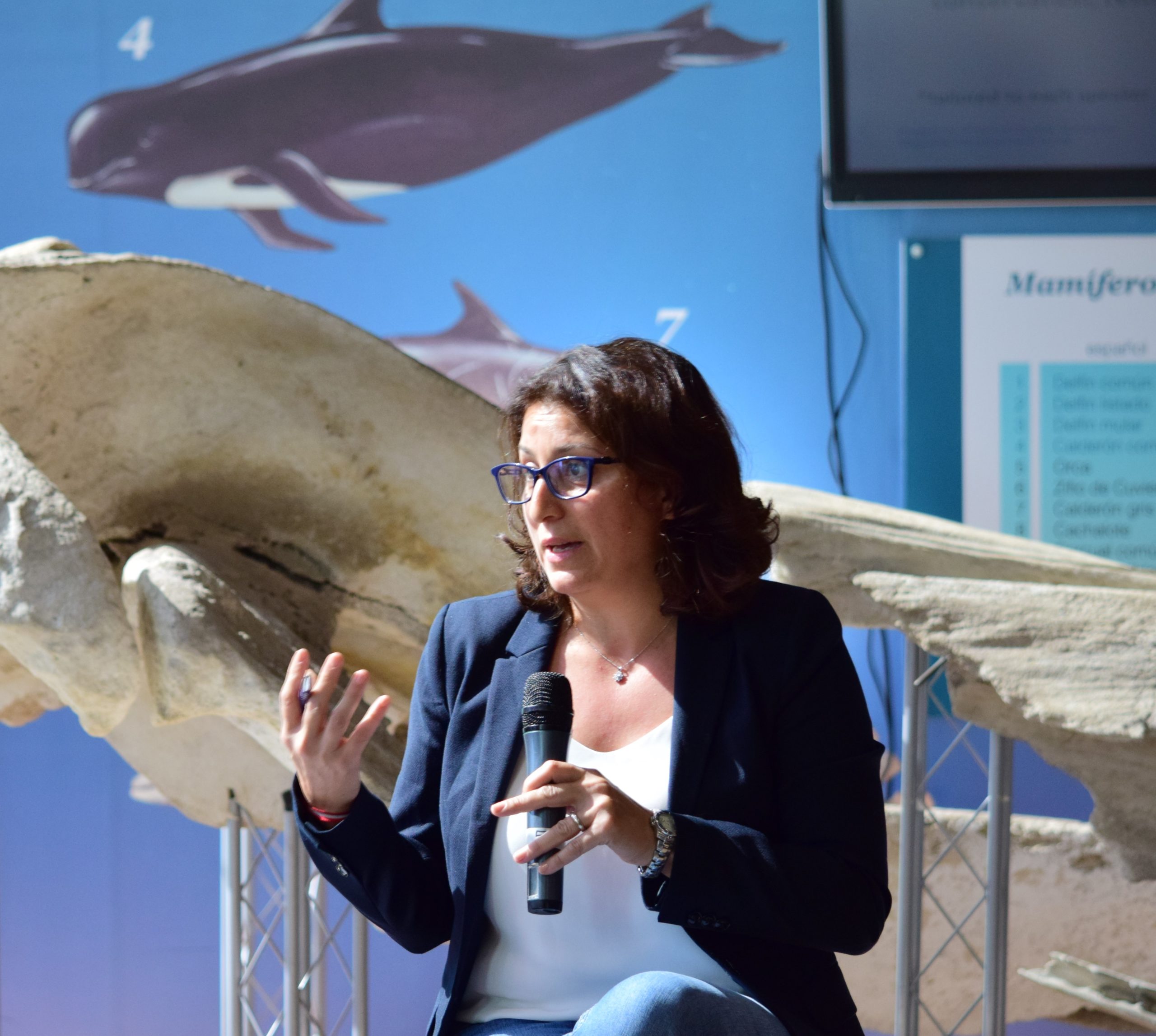
Celebrating leadership in environmental management: an interview with Dania Abdul Malak
From designing integrated ecosystem assessments in Europe and the Mediterranean to transforming outcomes into evidence-based recommendations for regional stakeholders, the European Topic Centre on Spatial Analysis and Synthesis (ETC-UMA) stands as a flagship for territorial cooperation. At the forefront of ...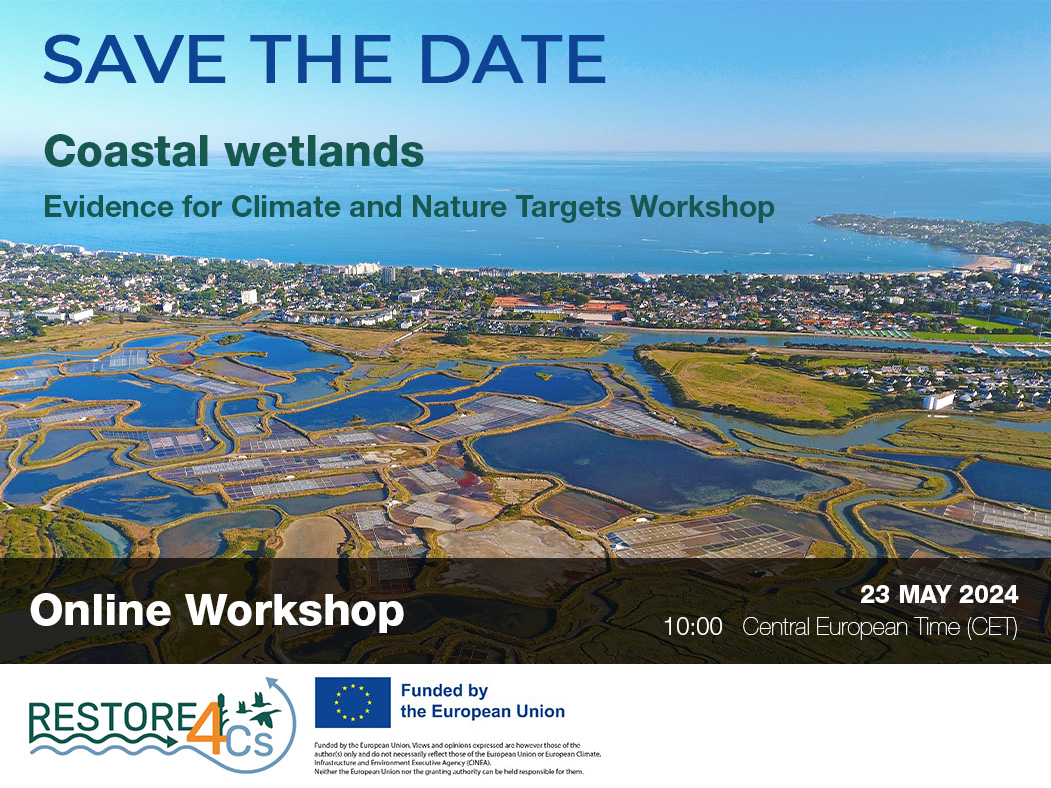
Save the date! Unlocking solutions for coastal conservation in Europe
How can coastal wetlands respond to major European Union objectives such as climate neutrality, biodiversity protection, and pollution reduction? What key role do coastal wetlands play in achieving EU commitments for climate mitigation and biodiversity conservation? The European Topic Centre ...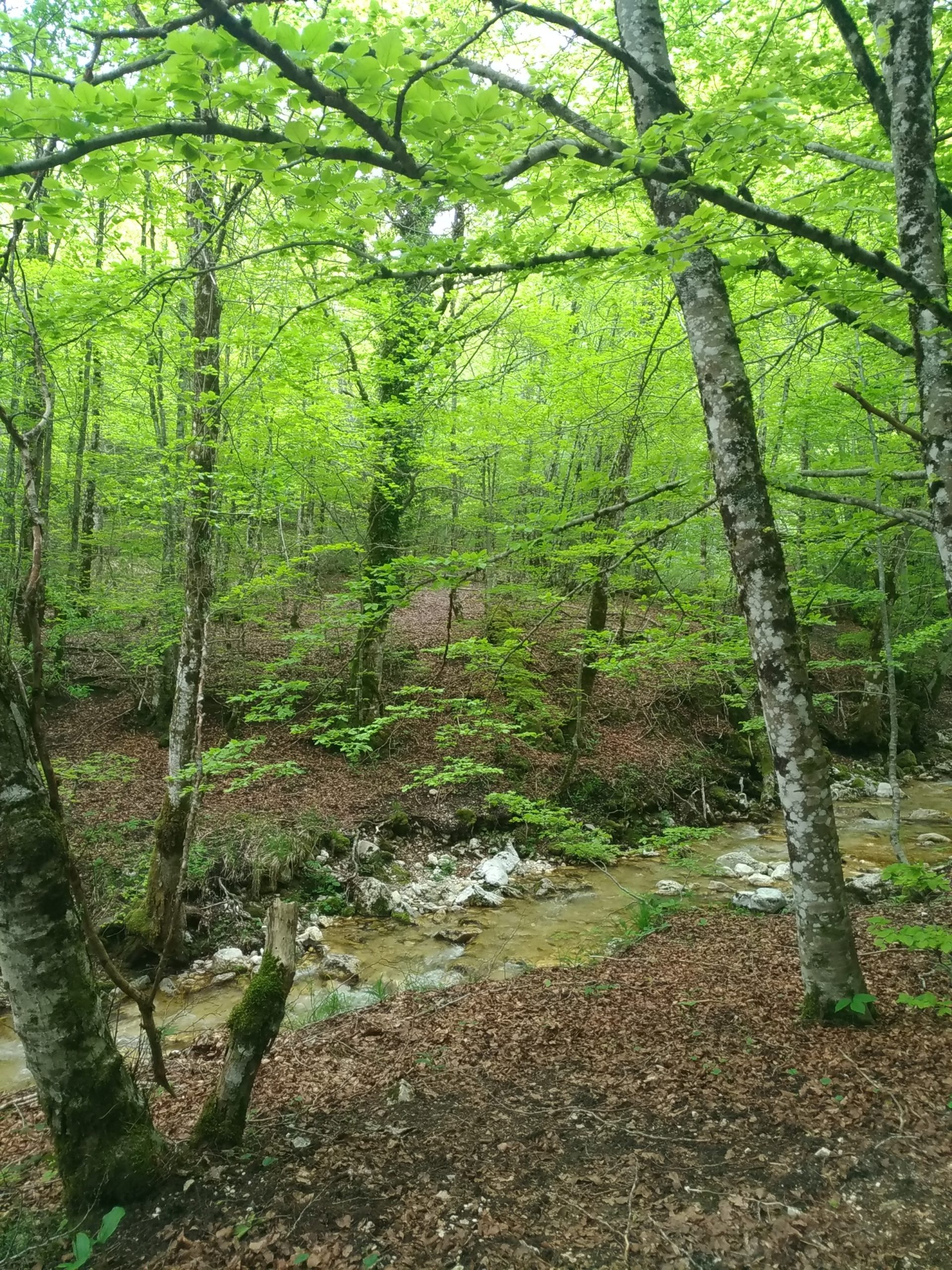
Towards a Strategy for the Sustainable Management of Mediterranean Forests (StrategyMedFor)
The StrategyMedFor project, co-financed by the Interreg Euro-MED programme, was launched at the University of Malaga during a two day meeting that took place on March 18 and 19, 2024. The European Topic Centre on Spatial Analysis and Synthesis (ETC-UMA), ...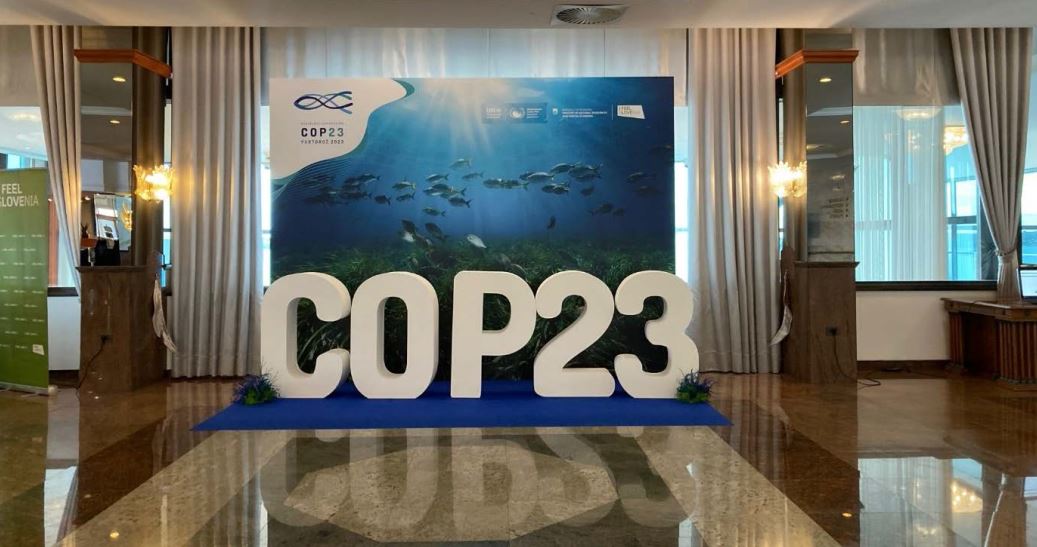
Collaborative science for forests by ETC-UMA showcased in Slovenia during the COP23
As UNEP MAP partner organization, ETC-UMA recently engaged in the organization of a session with Mediterranean institutions under the topic of climate change, entitled: From COASTAL to FOREST ecosystems: Mediterranean Nature-based Solutions to tackle climate change and ensure the Resilience ...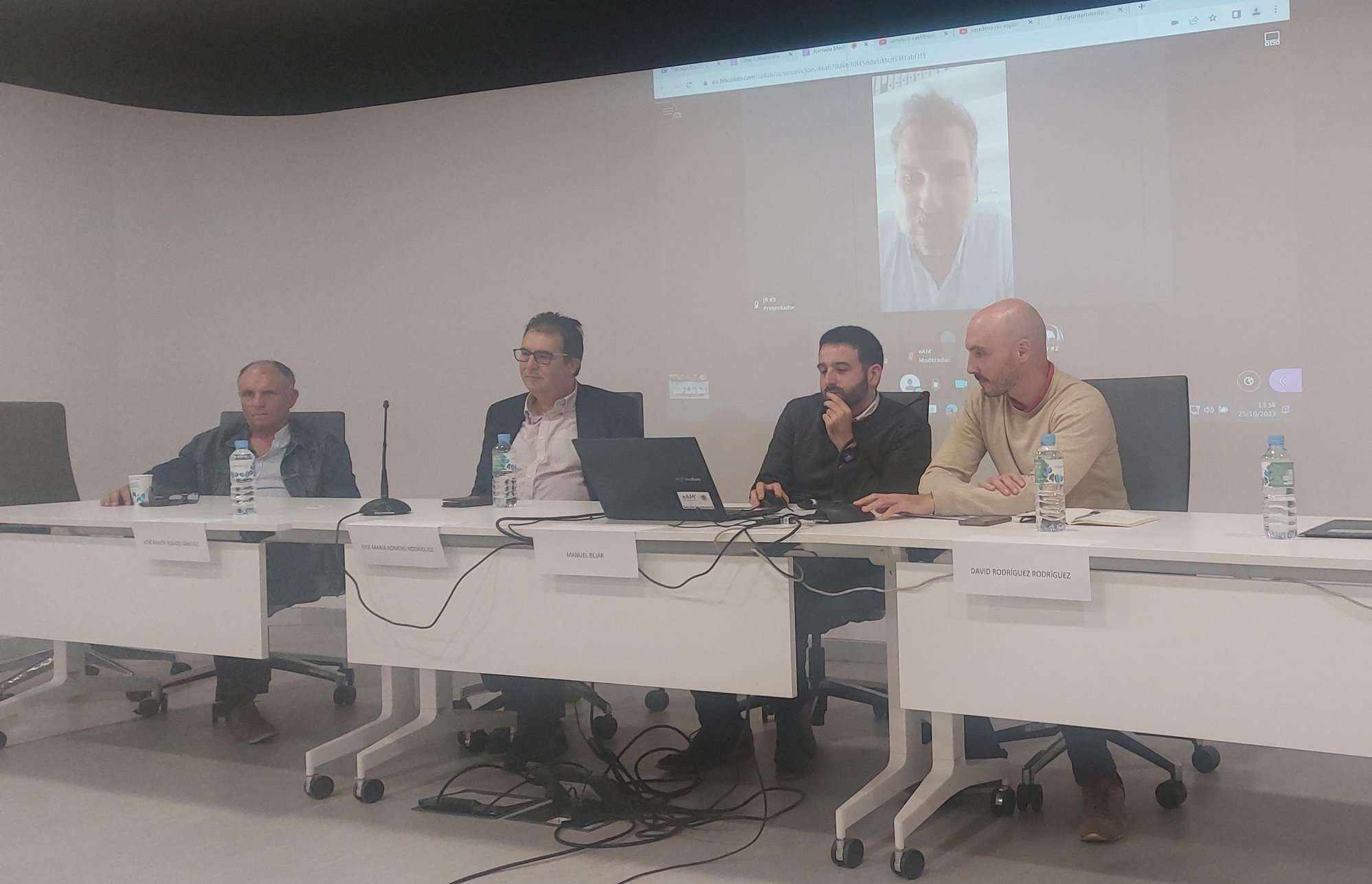
Tools for conserving the Spanish coast
On the initiative of the Instituto Universitario Hábitat Territorio y Digitalización (iHTD) of the University of Malaga, around 70 representatives of Spanish public administrations, researchers, architecture and environmental science players and civil society signed up to the second debate on ...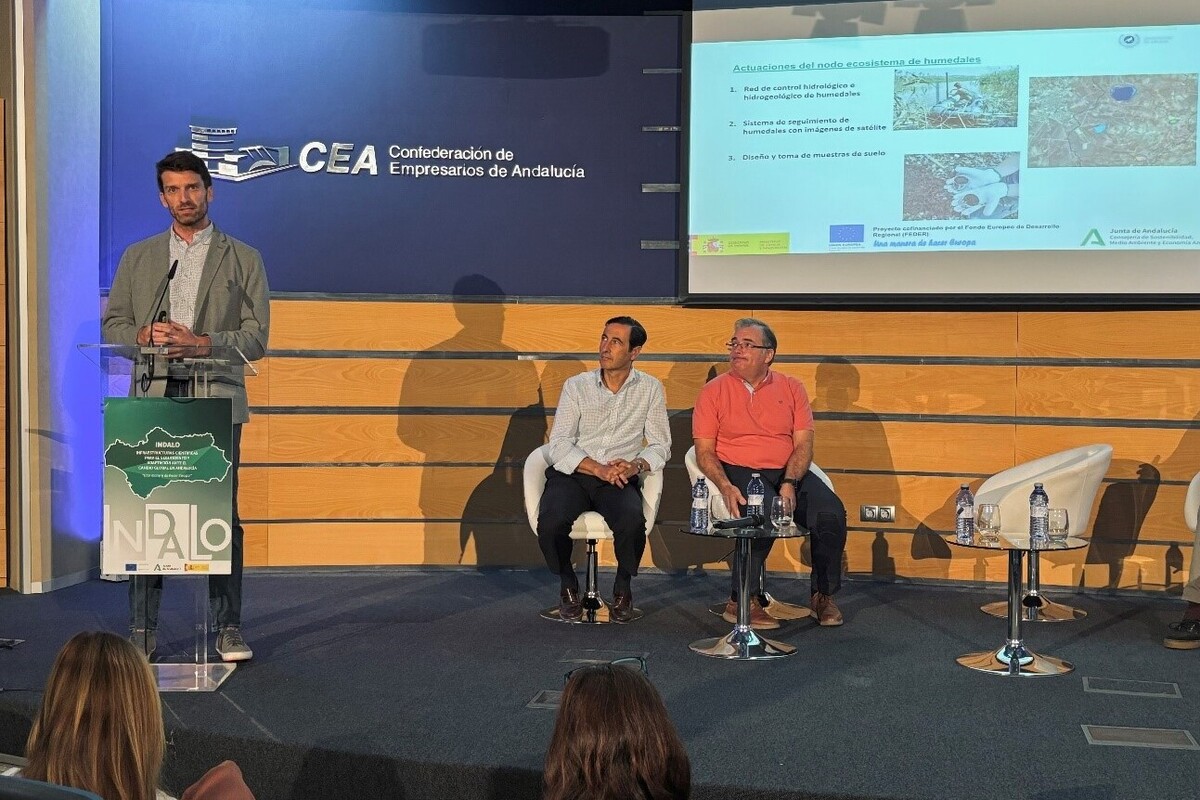
GreenEye System: a cloud-based system to monitor wetlands in Andalusia
Developed in the frame of the LifeWatch INDALO project cofinanced by the European Regional Development Fund (ERDF) for the study of biodiversity and global change in Andalucia, GreenEye System, this new cloud-based monitoring system, provides useful tools for wetlands’ assessment, ...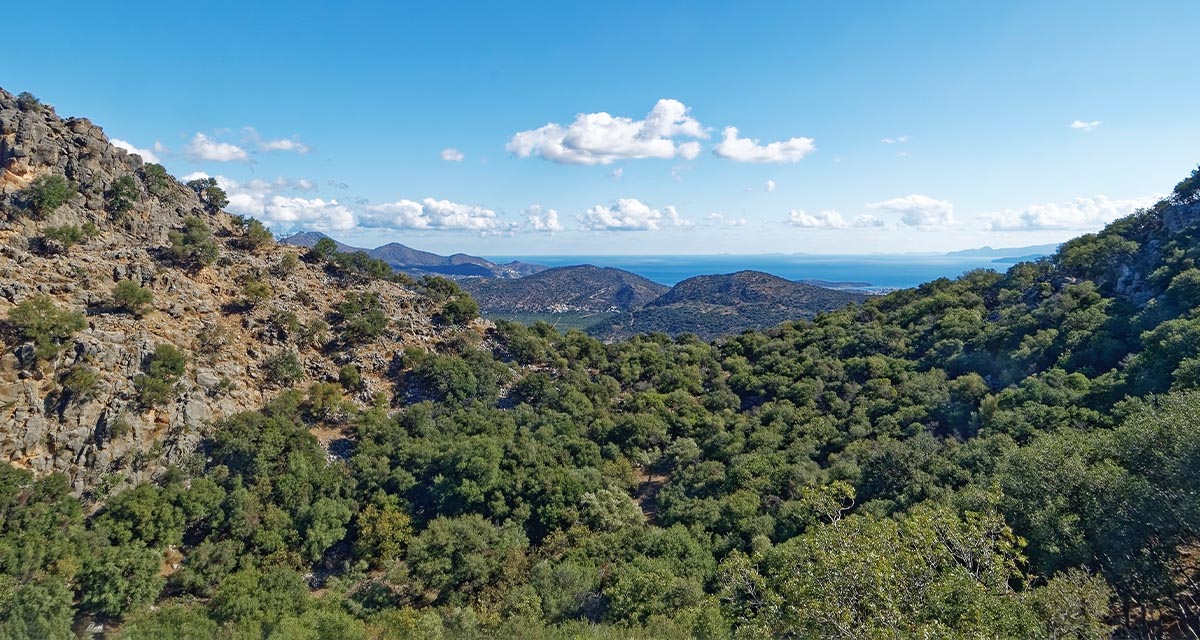
Looking back and forth to Mediterranean Forests
Timely published to enrich the knowledge available to fight fires and climate change challenges after an extremely hot summer, the proceedings of the Seventh Mediterranean Forest Week “Forest and Ecosystem Restoration for the next Mediterranean Generations” held from 21 to ...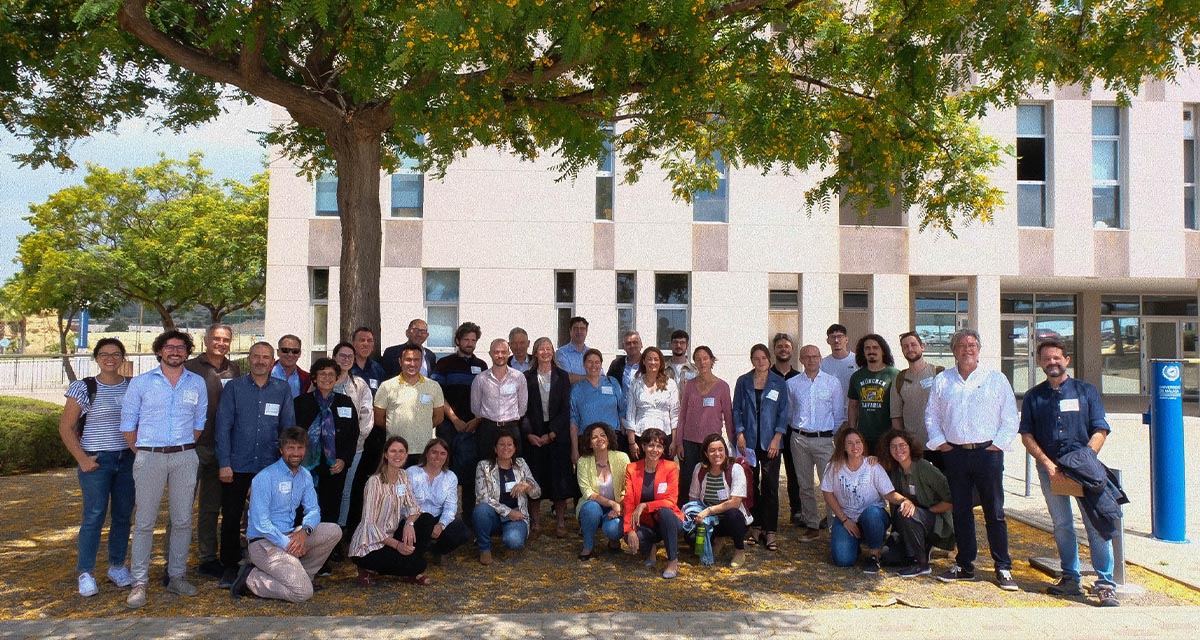
More space for innovative Mediterranean forest data partnerships
The report entitled A knowledge baseline on Mediterranean forests supported by innovation launched in July by ETC-UMA provides a highlight of what Mediterranean countries and institutions are doing to integrate new digital, satellite and Artificial Intelligence technologies into forest monitoring ...
The Earth from Space shown by ETC-UMA at FANTEC 2023
Students from 80 centers from all over Andalusia came together on Friday 19 May 2023 at the High School of Industrial Engineering of the University of Malaga to participate, one more year, in the Andalusian Technology Fair 2023. Antonio Sanchez ...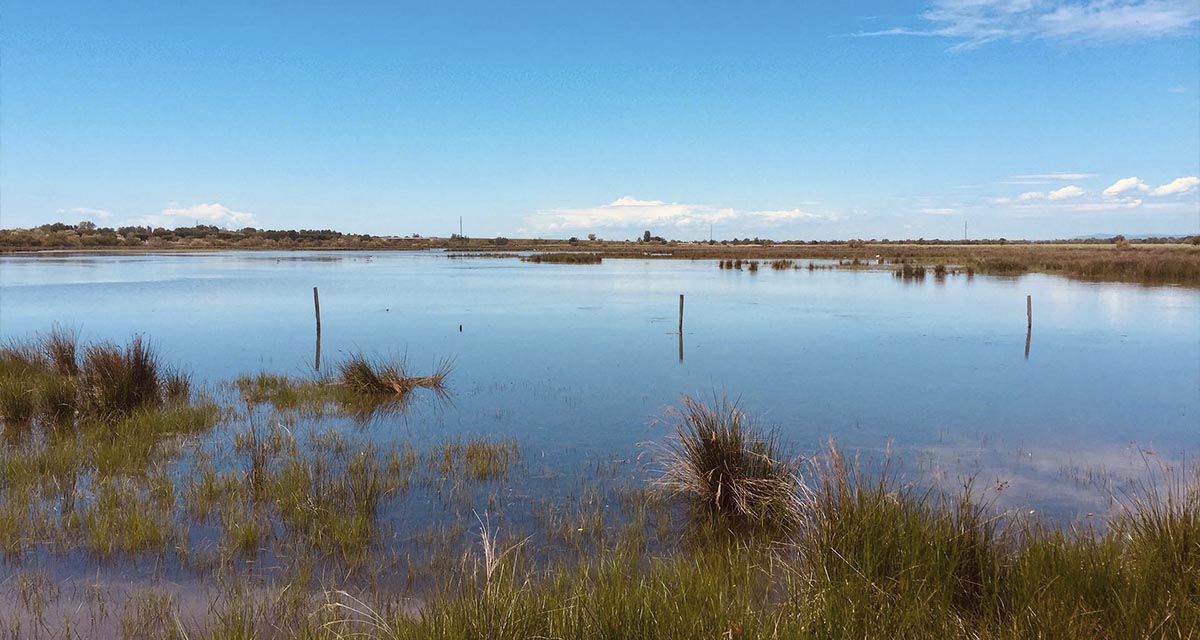
ETC-UMA launches new technologies applied to ecosystem knowledge
Built on the Google Earth Engine cloud computing platform, the new wetland monitoring system based on remote sensing data, developed by ETC-UMA and presented in April 2023 at the National Centre for Environmental Education (CENEAM by its acronym in Spanish) ...